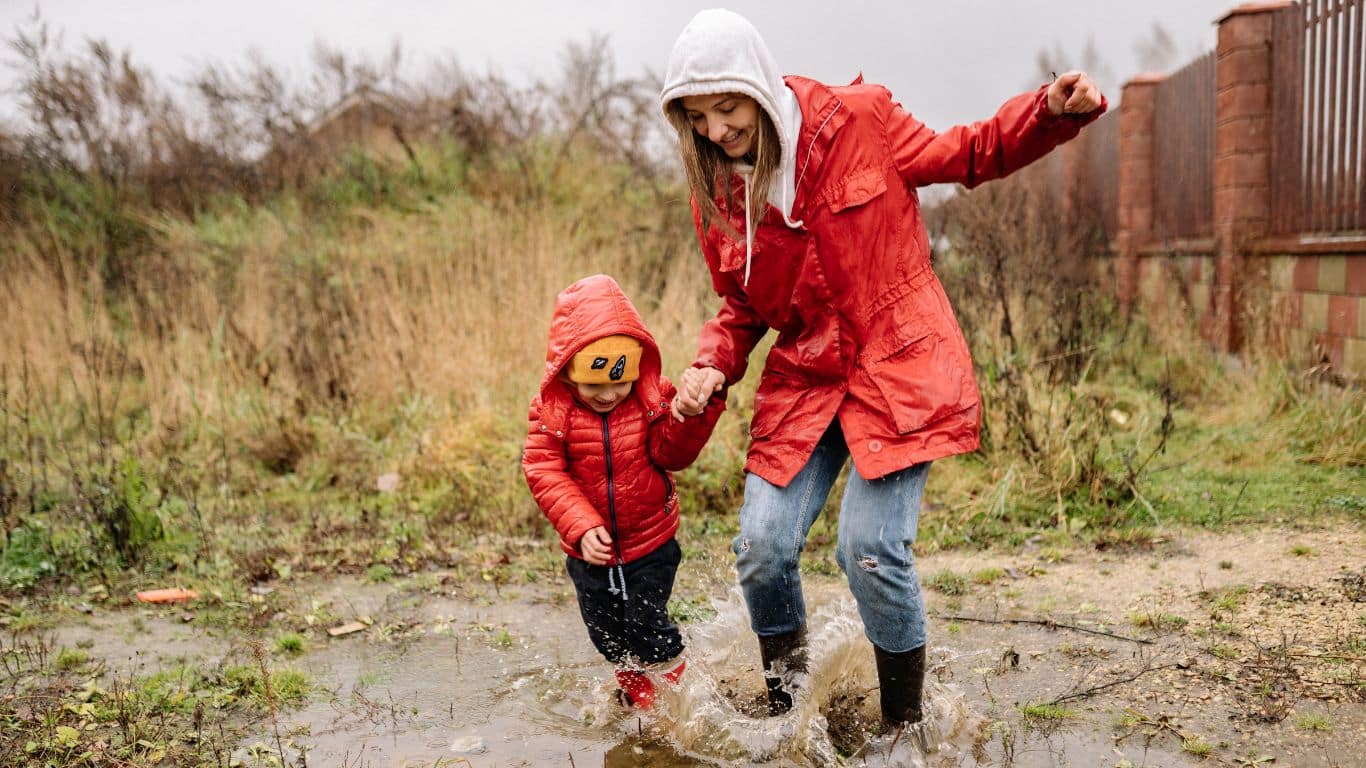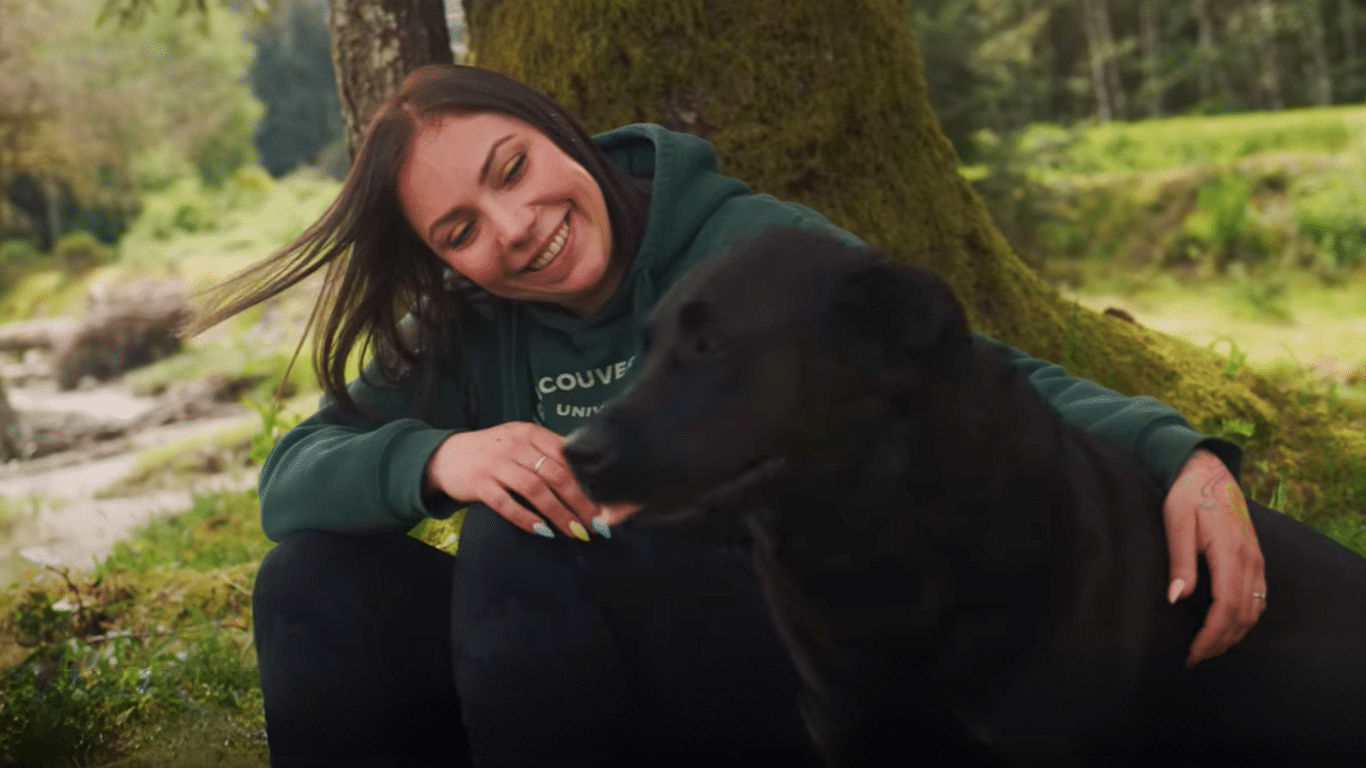“There is a problem. This could impact your ability to have children,” were the words I heard from my gynecologist after having laproscopic surgery. My heart sank. I had wanted to be a mom from the time I was four years old. When I thought I would never be a mom, I felt incomplete, ugly, and embarrassed. I didn’t want anybody to know.
Now that I have dealt with infertility and travelled the road to acceptance, I am able to look back and reflect. When told I was infertile, my feelings of shock and disbelief soon gave way to grief, denial, anger, and depression. These feelings began to spiral out of control. Although I was working with grief and loss at the time, I had not personally experienced these issues and had no idea how to cope.
I had heard that infertility is one of the most difficult things for a couple to deal with; it either brings them closer or splits them further apart. I was not prepared for the impact that infertility was going to have on my marriage. I still desperately wanted to be a mom, and I began to delve into the possibility of adoption. It seemed the perfect answer — I could realize my dream of having a child, and help my marriage.
My battle with infertility took me almost three years to overcome. After that, I was so determined to create a family through adoption that I neglected to pay attention to what was happening to my marriage. In 1997, we adopted our son Tristan from the United States. Fourteen months later, I separated from my husband.
Now, four years later, I am divorced and feel ready to speak openly about my previous marriage without feelings of guilt and shame. I can’t guess how many times I was asked how I could adopt a child when I knew the marriage was in trouble. I began by explaining how adept we were at pretending everything was fine. After awhile, I just ignored the questions; however, I felt ashamed whenever the question was asked.
In retrospect, I finally understand the reasons for my shame associated with being a divorced mother of a child who was adopted. Throughout the adoption process, I was taught the importance of having a solid and stable marriage; but by the time I realized the marriage was in trouble, I was afraid to let anyone know. It is very difficult to experience a marriage breakdown, especially when children are involved. But for me, it seemed worse because I had just recently adopted Tristan. The constant fear of being judged by others worked to keep our marital troubles hidden. There are very few resources for people experiencing marital problems due to infertility, which can lead to further isolation.
Once the marriage had dissolved, I felt even more judged and alienated by many people in the small community where I lived. My way of coping with the questions and harsh judgements of others was to alienate myself even from friends and family. It was after I moved to Williams Lake, and one year after the separation, that I was able to open myself up to new (and old) friendships.
No one enters into a marriage, plans for a birth child, or proceeds with an adoption plan while thinking the relationship is going to fall apart.”
No one enters into a marriage, plans for a birth child, or proceeds with an adoption plan while thinking the relationship is going to fall apart. But, some people do enter into an adoption without looking at the reality of their situation. Make no mistake, it is possible to convince yourself that there are no troubles in the marriage. At the time we adopted Tristan, I knew there were issues that needed to be addressed, but my heart convinced me we could work through them.
Although the marriage failed, Tristan’s dad and I work hard at maintaining a positive friendship. Our son is now faced with a number of issues: adoption, being part of a multiracial family, divorce, and becoming a blended family. Parenting effectively with these issues is not an easy process. I believe these issues will be ongoing for him. However, we all continue to work together to create the best possible world for our son, and to keep him in the forefront of all our decisions. Tristan has a difficult time believing I was ever married to his dad, as he has no recollection of us ever being together; so far, there have not been any difficult questions surrounding the divorce. I know that he is going to have many questions for me as he matures and begins to understand the idea of divorce. I will answer these questions with open and honest answers and do everything I can to ensure open communication with my son.
Although I could not have changed the course of events, there is crucial information I wish I had known when we were venturing into an adoption. This information is important, especially for those who have experienced infertility and are entering an adoption plan. If you see any of the following signs in your relationship, it is necessary to take the steps to work through the problems.
Warning signs
- Anger or frustration caused by your partner’s inability to understand your feelings
- More arguments focusing on the negative aspects of your relationship
- Not spending time together to enjoy each other’s company
- Difficulty in communicating especially regarding infertility/ adoption issues
- Hostility or anger toward your partner
- Frustration because your partner tries to “fix” problems rather than listen, or you feel frustrated because your partner does not take your advice
- Relying more on the listening skills of friends rather than your partner
- Thinking you would be better off if you separated
- You are deadlocked with your partner over the decision to adopt or to pursue assisted reproduction
- Added pressure from family and/ or friends regarding having children
- Resentment toward your partner due to feeling pressured into attending painful family functions (baby showers, family celebrations for children)
- Feeling alone in your relationship when dealing with infertility/adoption
I would never say infertility caused my marriage to end, but I can say that it was the catalyst. Infertility and adoption are difficult issues for a couple to cope with; the importance of supporting each other in a relationship is paramount. If you see any of the warning signs in your relationship, these issues must be worked out before a child is adopted or the marriage falls apart.
Speak with someone who has experience in marriage counselling, or someone who can understand and support both of you in your journey. Of course, the best possible outcome would be to maintain the family as a whole but, failing that, I can attest that adopting Tristan has been the best choice I’ve ever made, despite my failed marriage.





